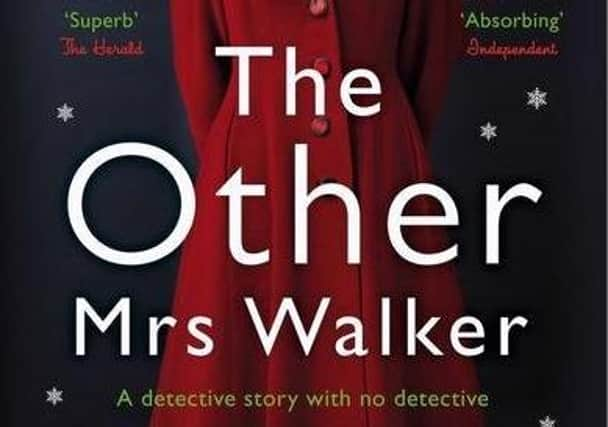A helping hand in coping with the thorny issues raised by adoption – Dr Gary Clapton


So many story lines in fiction (books, film, television) have adoption as a central thread. Or maybe it just seems that way to those of us who have personal experience of adoption in real life. In fiction, the news that someone is adopted or has given up their child for adoption is either a plot twist or the big “reveal” at the end. Surprise and shock are staple ingredients, as genealogies are revealed, relatives discovered, and those separated by adoption are reunited.
The antecedents of these stories are not hard to trace. Moses was adopted and fairy tales are full of stories of orphans, foundlings, secret princesses, and wicked step-parents. As we move through the centuries, tales of abandonment and lost and found have never failed to grip readers’ imagination. Dickens’ Oliver Twist, with his secret heritage, and his Pip of Great Expectations are orphans, as are Jane Eyre and Daniel Deronda. In her book on adoption in fiction (Reading Adoption, 2005), Marianne Novy observes that at the base of it, adoption is about identity.
Advertisement
Hide AdAdvertisement
Hide AdAge-old questions are played out in these stories. Who are we? What forms our characters and our path in life? Nature or nurture? In Great Expectations, Estella refers to “my nature; the nature formed within me” in analysing the influence on her of her adoptive mother, Miss Havisham. Other social questions are grappled with, illegitimacy is conceived as a moral handicap, a disgrace (“born of bad blood”) under which the protagonists have to constantly battle to assert their place in the world. Thankfully social opprobrium is much less of an issue now, though inheritance can remain a thorny one, after all adoption severs all legal ties between a child and his or her biological parents. Another powerful theme that remains with us today is that of the rootlessness that can be felt by adopted people. After the death of Jane Eyre’s parents and the uncle who adopted her, Jane becomes an outsider in her aunt’s family, someone whose lack of “blood” connection with the family leaves her unprotected and rootless. She feels an “uncongenial alien”.
The detective-like search for kinship, a longing for home and family and belonging, drives these stories. Adopted or fostered people are usually the protagonists with birth parents having a secondary part. Birth parents have no less powerful narratives of loss and tragedy, of renunciation and reunion. In Bleak House, Esther, our heroine, meets her birth mother Lady Dedlock for the first time, her face is for some reason “like a broken glass to me, in which I saw scraps of old remembrances”. Lady Dedlock realises that Esther is the daughter she thought was dead, and they have one brief intense meeting in which she asks forgiveness and announces that she will keep their relationship secret and they will never meet again. Thus, as with the lives of adopted people, the experiences of birth parents have all the ingredients of drama. Guilt and shame, an overwhelming need for forgiveness and secrets on top of secrets. In common with then and still the case now, the birth fathers of adopted people have less of a presence, Esther’s birth father once named as Hawdon, has taken the name Nemo – no one.
Fast forward 150 years and leap over all the other stories about adoption (Anne of Green Gables, Matilda…) and we come to my summer reading. I have just finished The Other Mrs Walker (2016) by Edinburgh-based Mary Paulson-Ellis. One of the blurbs goes like this: “An old lady dies alone in a cold Edinburgh flat, on a snowy Christmas night. A faded emerald dress hangs in her wardrobe; a spilt glass of whisky pools on the carpet. A few days later a middle-aged woman arrives back to the city of her birth, her future uncertain, her past in tatters…” Set between 1921 to 2011, The Other Mrs Walker gradually reveals the secrets of a group of women whose pasts are mysteriously connected. There are adoptions illegal and legal, files locked away for decades, hinted-at connections, flights and funerals and secret-keepers (as well as secret-finders). The book is not all about adoption but Paulson-Ellis skilfully conveys how identity and secrets can be bound up together and, more importantly, the effort and pain it can take to untangle them.
Birthlink will soon be open again and we are looking forward to getting back to our vital work of helping people find one another.
Dr Gary Clapton, reader in social work and programme director for BSc (Hons) in social work, Edinburgh University.
Comments
Want to join the conversation? Please or to comment on this article.